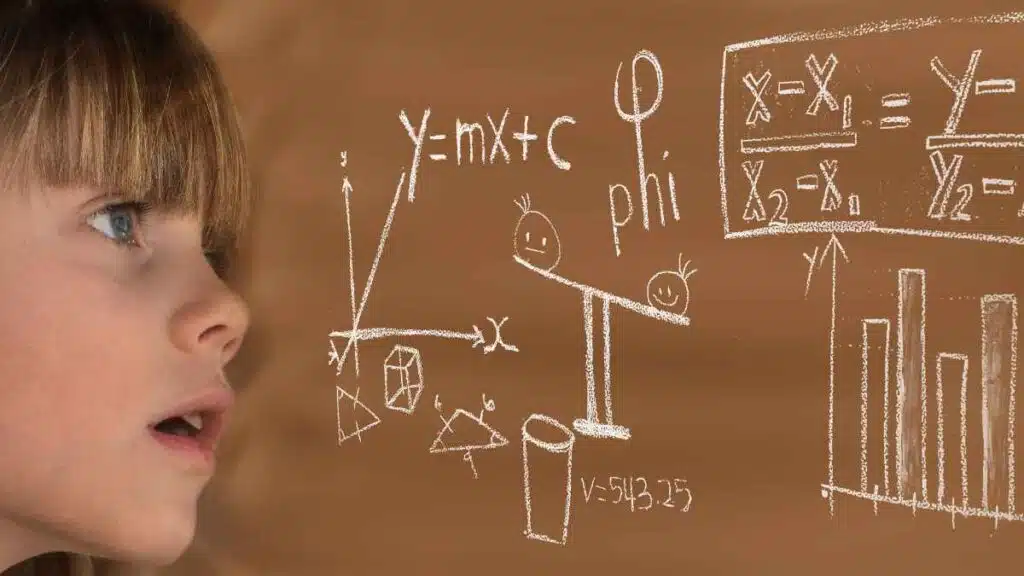Is Physics Hard?
Physics is a challenging subject for many students due to its mathematical foundation, abstract concepts, and the development of problem-solving skills. It is important to note that while physics may present difficulties but it also offers profound insights into the fundamental workings of the universe.
Students can overcome these challenges with proper guidance, perseverance, and practice. They can unlock the doors to a world of knowledge and discovery by embracing the inherent difficulty of the subject.

Why Physics is so hard?
One of the primary reasons why physics can be perceived as difficult is its heavy reliance on mathematics. Physics utilizes mathematical equations, formulas, and models to describe and quantify natural phenomena. Concepts such as calculus, algebra, and trigonometry are essential tools for solving problems and understanding the underlying principles. For students who struggle with math, this mathematical component can pose a significant hurdle in physics.
For example, consider the laws of motion formulated by Sir Isaac Newton. These laws require a solid understanding of calculus to accurately describe the behavior of objects in motion, including acceleration, velocity, and position. The application of calculus to physics problems can be daunting for some students.
Abstract Concepts
Physics deals with abstract concepts that may not have direct analogies in everyday experiences. The study of relativity, quantum mechanics, and electromagnetism often requires a shift in thinking from the classical and intuitive view of the world. Visualizing phenomena at the atomic or subatomic level can be challenging since our macroscopic experiences do not align with these realms.
Example: Quantum mechanics introduces concepts such as superposition, entanglement, and wave-particle duality. These notions defy common sense and demand a more abstract mode of thinking. Understanding and applying these principles can be intellectually demanding.
Problem-Solving and Critical Thinking
Physics encourages problem-solving skills and critical thinking. It involves breaking down complex scenarios into simpler components, applying relevant principles, and deducing the desired outcome. This process requires analytical thinking, logical reasoning, and the ability to connect different concepts.
Example: Solving problems involving forces, motion, or energy conservation often necessitates a comprehensive understanding of multiple concepts and their interrelationships. Students must employ critical thinking to devise appropriate strategies and recognize relevant variables. This level of reasoning can present a challenge, particularly when encountering unfamiliar or intricate problems.
Quantitative Nature
Physics is known for its quantitative nature. It aims to provide precise explanations and predictions using measurable quantities. This emphasis on accuracy and precision can add another layer of complexity for students who struggle with numerical manipulation and interpretation.
Example: When studying thermodynamics, students are required to analyze temperature changes, heat transfer, and work done. These calculations often involve intricate mathematical relationships, logarithms, and exponential functions. Precision in calculations is vital to obtaining accurate results, further emphasizing the demand for quantitative skills.
Related FAQs
Is math or physics harder?
The difficulty of math or physics can vary depending on individual strengths and interests. Some find math more challenging, while others find physics more difficult. It ultimately depends on the individual’s aptitude and level of understanding.
What is the hardest science?
Determining the hardest science is subjective, as each science has its own unique complexities. However, physics is often considered challenging due to its abstract concepts and mathematical nature.
Is physics harder than chemistry?
Comparing the difficulty of physics and chemistry is subjective and varies from person to person. Both subjects require a strong conceptual understanding and problem-solving skills.
Is Grade 11 physics hard?
The difficulty of Grade 11 physics can vary depending on the curriculum, teacher, and individual student. It generally introduces foundational concepts and may be challenging for some students, but with dedication and effort, it can be manageable.



Leave a Reply